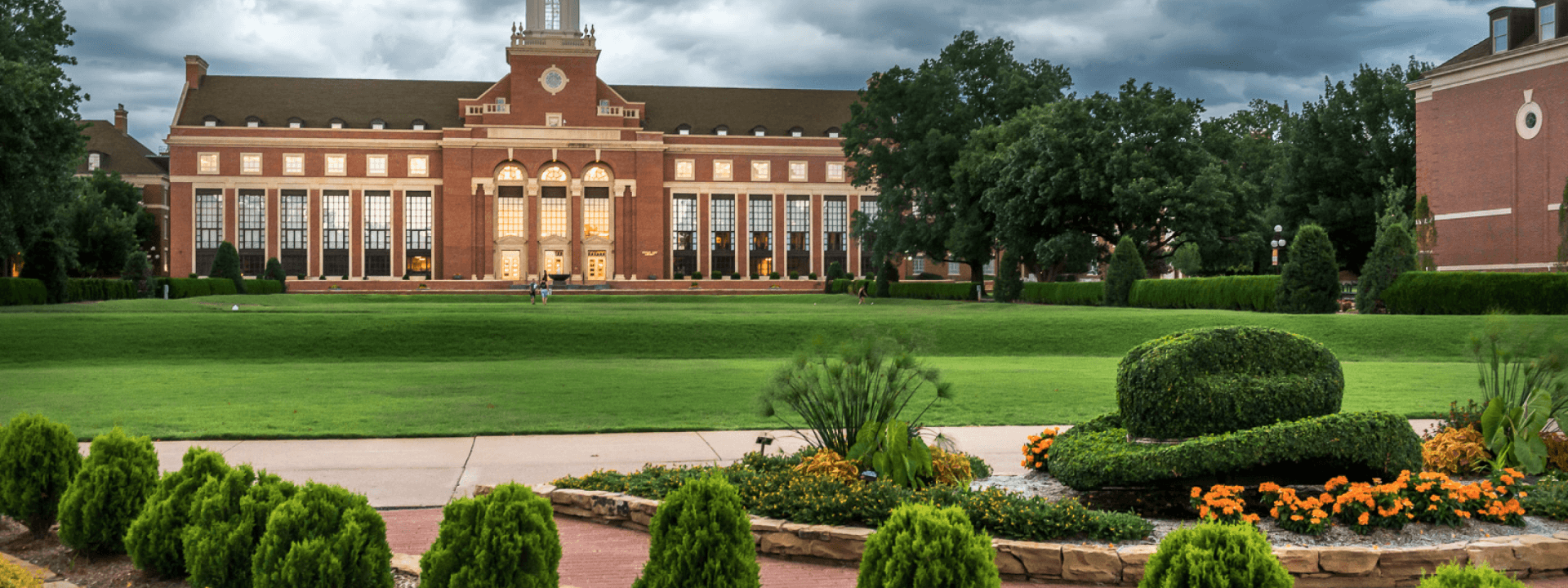By Quintessa Williams
Monroe Nichols, D-Tulsa, Chair of the Oklahoma Legislative Black Caucus, has issued an official call, urging the Oklahoma State Legislature and Board of Regents to prioritize funding for Langston University.
“Over the last decade Langston University has been funded at 45 cents in state appropriation for every dollar invested by the federal government. During that same time period, OSU was funded at a rate of $3.14 in state appropriation for every federal dollar invested,” Nichols said.
“This imbalance threatens to cripple Langston’s ability to fully support students. In just the last 10 years, Langston has been underfunded by $159,008,794 in state appropriation.”
Data from a 2021 report by The Century Foundation shows endowments for HBCU students, both public and private, range between around $7,265-$24,989. Endowments for private and public non-HBCU students range between $25,390-$184,409.
In September 2023, the Federal Government released a report that estimated the Oklahoma Legislature underfunded Langston by more than $400 million since the college was founded.
The letter was sent from the U.S. Department of Education and the U.S. Department of Agriculture. It was sent out to 16 governors in each state that had a land-grant HBCU that was established under an 1890 law.
The law told states that to observe equality more they would have to equally disperse funding between a land grant institution founded in 1862 with an HBCU. In this case, Langston was meant to receive an equal amount of funding compared to other colleges and universities in Oklahoma.
Langston is the only Historically Black College in Oklahoma and the westernmost HBCU in America. Underfunding this institution has a significant negative impact on Black wealth creation and economic opportunity in Oklahoma.
Investing in Historically Black Colleges and Universities (HBCUs) is crucial for promoting inclusivity and equality in higher education. HBCU institutions have a proud legacy of providing education to black students who were otherwise excluded from mainstream universities due to racial discrimination.
HBCUs continue to serve a vital role in providing access to higher education for underrepresented minorities, offering an environment where students can learn, grow, and thrive without the barriers of systemic racism.
However, many HBCUs struggle with inadequate funding, which can lead to a lack of resources and opportunities for their students. By providing financial support to HBCUs, we can help improve their infrastructure, faculty, and programs, and promote a more supportive and inclusive environment for all students.
Investing in HBCUs is not only a matter of social justice, but it also benefits society as a whole by creating a more diverse and educated workforce. It is an opportunity to emphasize the importance of equality within post-secondary education and to ensure that everyone has access to the tools and resources needed to succeed.

